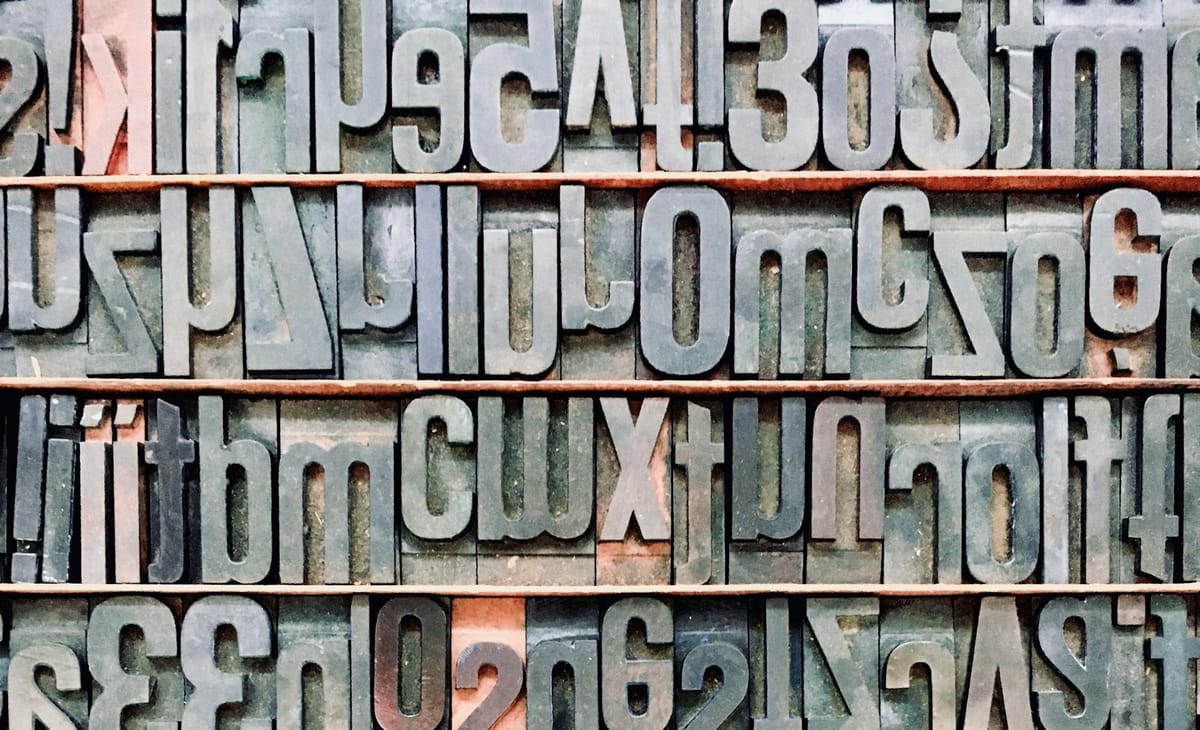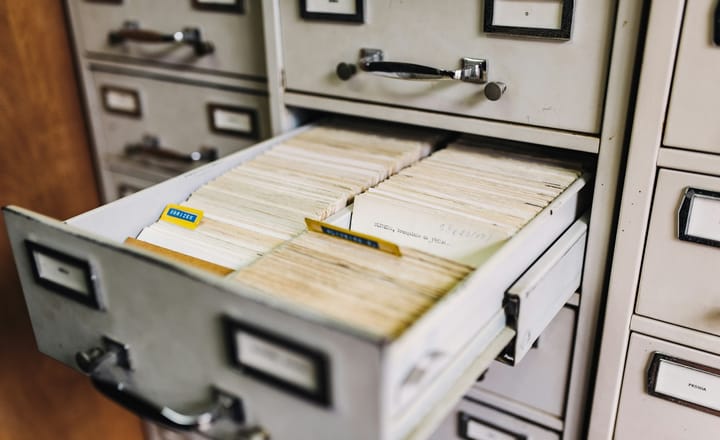Why do some new words stick in our memory while others don't?

Have you ever come across a word for the first time and remembered it instantly, while others seem to slip away the moment you read them?
By studying how the brain processes unfamiliar words, called pseudowords, researchers have now uncovered key insights into how we store and recall language.
Among other interesting tings, scientists found that word length, letter patterns, and similarity to real words all play a role in memorability.
How our brains store new words
When we see an unfamiliar word, our brain must first recognize its sequence of letters and distinguish it from similar-looking words. This initial process happens in the medial temporal lobe and hippocampus—key areas in memory formation.
At first, recalling these new words is slower and less accurate compared to words we already know. However, certain factors make some new words easier to remember than others.
One important element is the structure of the word itself. Just as some images, faces, and artwork are naturally more memorable, certain word patterns stick in our brains more easily. The menaning of a word, can have a similar effect and plays an important role in making them memorable.
But what happens when we see a completely new word with no meaning? It turns out that even meaningless words, called pseudowords, show differences in how well people can recall them.
What makes a word memorable?
A large-scale study involving over 1,800 participants examined how well people could recognize pseudowords they had seen before. It turned out, that some words were much easier to remember than others.
Researchers found that the following factors increased memorability:
- Uncommon letter pairs: Words with rare letter combinations stood out more - like "zemtro". The xm combination is very rare in english.
- Familiar word structures: Words that looked similar to real words but had unique sequences were easier to recall. "Slaytime" as an example was one of the easiest pseudowords to remember.
- Distinct patterns: Unusual but structured letter arrangements made words more memorable. Like the word "jubjub".
Brain scans of participants showed that a specific region in the anterior fusiform gyrus—a part of the brain involved in reading and recognizing words—became especially active when processing memorable pseudowords.
This suggests that our brains have specialized systems for handling new word forms separately from known words.
How this helps us understand language learning
These findings provide valuable insights into how our brains process and store language. When we encounter new words, our brains rely on patterns and familiarity to determine how well we will remember them.
Words that resemble known but uncommon words tend to be the most memorable, likely because they activate fewer competing word memories.
Whether you're trying to learn a new language or just want to remember more words, paying attention to letter patterns and word structures might give you an edge.
So next time you come across a strange new word, take a moment to notice its structure—it might just help you remember it better.
(and remember to forget some of them again)
About the scientific paper:
First author: Oscar Woolnough, USA
Published: Nature Communications, Februar 2025
Link to paper: https://www.nature.com/articles/s41467-025-57220-y




Comments ()